Why should you own a yard cover?
Why Should You Own a Yard Cover? Yard Covers are a valuable asset for stock owners, not only making it easier to work with cattle but also improves...

With a solution-focused approach, we collaborate closely with clients and consultant teams to align on scope, time frames, design objectives, and cost. We’re committed to delivering a strong return on your investment. Are you interested in our work in the commercial and industrial sectors?

Our client, a vet and sheep farmer, needed a shearing shed and yard cover designed for efficiency and innovation. Partnering with our team, he collaborated with fit-out providers to create two custom steel structures tailored to his farm’s needs. His farm is now equipped for better working conditions and long-term success.

Providing Industry-Leading Steel Building Solutions
Central Steel Build, committed to innovation, quality, and customer satisfaction, has solidified its reputation as an industry leader. We're revolutionising agricultural structures, and transforming how farmers and producers approach building solutions. If you’re interested in our work in the agricultural sector, read the article to discover how we’re transforming building solutions.

Oritech combined office and warehouse
Oritech Pty Ltd partnered with us to build a modern office and warehouse facility in Mitchell Park, Victoria. The design featured innovative L-shaped tilt panels for both function and style. Using our Pro. building approach, we delivered a durable, cost-effective, high-quality solution. Seamless collaboration ensured the project was completed on time and within budget.
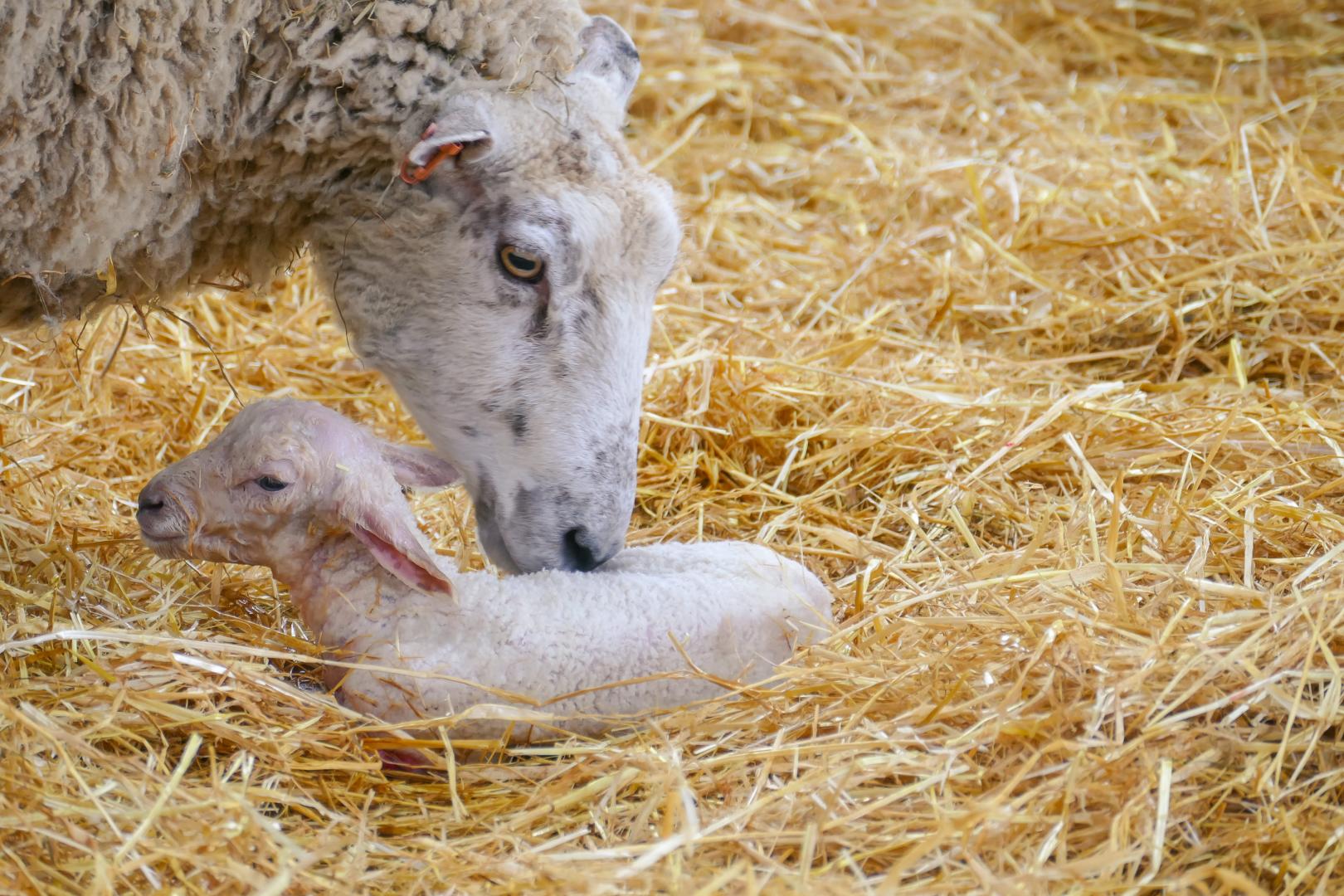
Winter is drawing to a close, however it is still cold across a large portion of Australia and lambing season is well underway. With so many risks in lambing emphasized by the colder weather, lamb mortality is unfortunately high for a lot of Australian farmers. An outlining of facts that will assist the profitability your lamb season can be seen below.
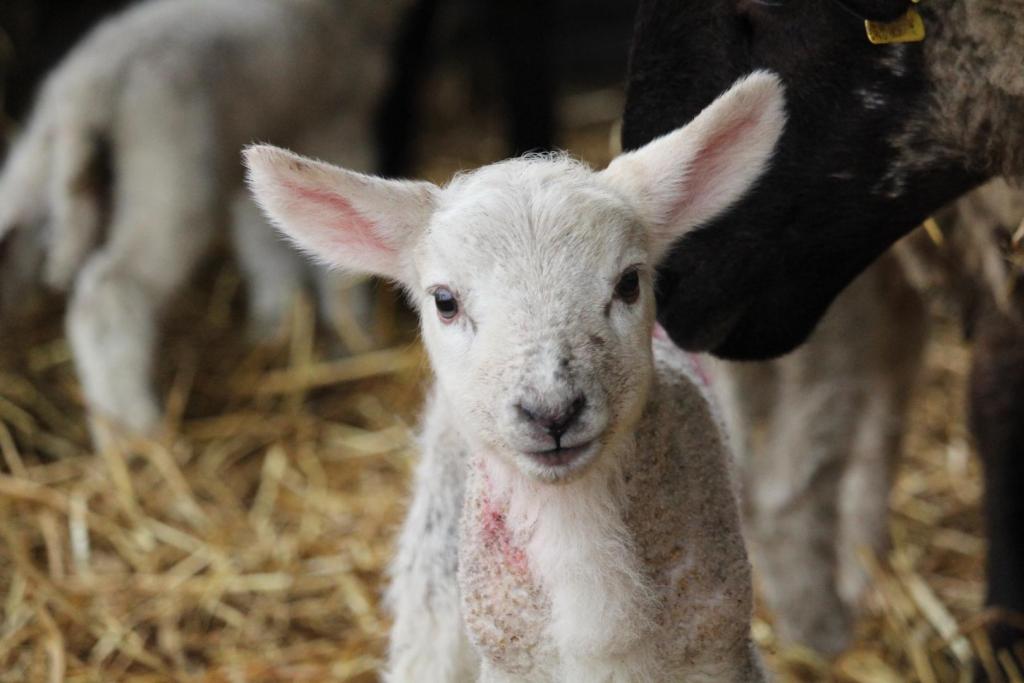
Studies show that 80% of lamb deaths occur in the first 48 hours of their life (conducted in Australia). In this trial the most common cause for their death was starvation/mismotherment accounting for 25%. Second was stillbirths at 21% followed by injury (19%), dystocia (9%), predation (7%), cold and exposure (5%), and infection (1%). There was 4% of undiagnosed deaths. In this study single lambs were more likely to die from stillbirth or dystocia, while twin lambs had a higher chance of dying from starvation or birth injury.
You can collect the lambs and submit them to a veterinarian for postmortem examination. There are tell tale signs that can provide evidence of the reason of death which are body weight, girth, and crown rump length, as well as external signals. For more information about diagnosing lamb mortality click here.
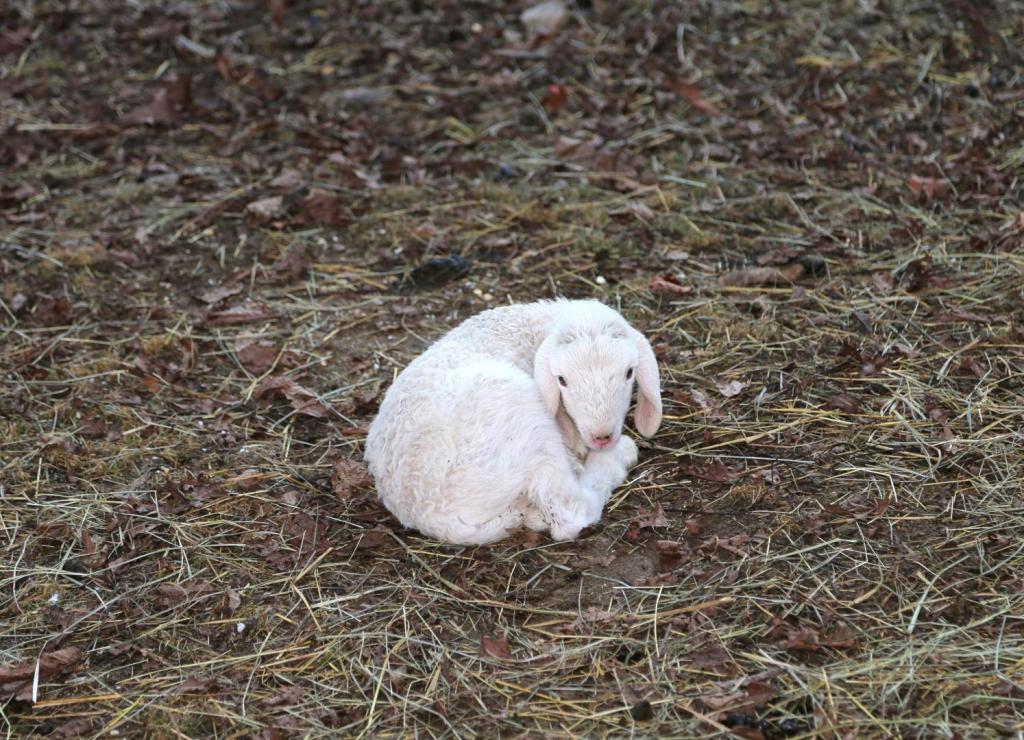
Lambs with a low body weight have trouble maintaining body temperature. All lambs have a high surface area to body weight ratio, especially those under the 3-4 kg mark and can rapidly lose energy if left exposed. In general lambs are not tolerant of wind and having pasture higher than 10cm improves their survival chance as they are able to take shelter from the weather. Windbreaks and animal shelters will also improve their survival chances.
Twin bearing ewes have higher rates of lamb survival if lambing in smaller lots (100-200). Maidens are inexperienced and are more likely to ignore their lamb’s attempt to suckle. Pasture should be available in the highest amounts for twin bearing ewes to avoid ewes walking away from their lambs looking for food.
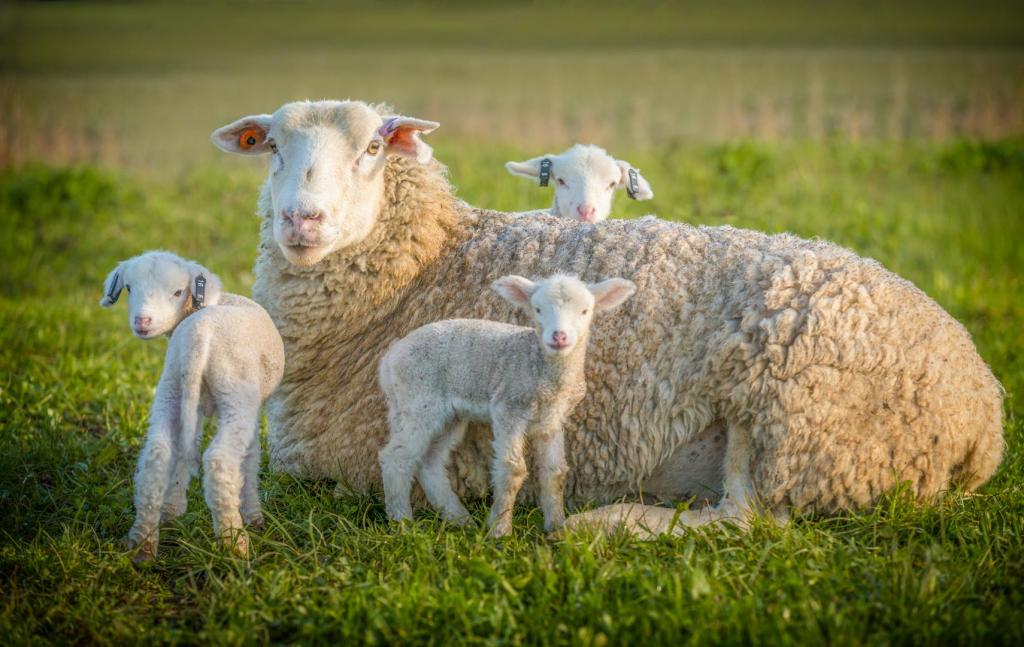
In sheep the mothering ability is a reoccurring process therefore if a ewe fails to rear a lamb one year it is a good candidate for culling. Good maternal instincts are enhanced in a flock by the following:
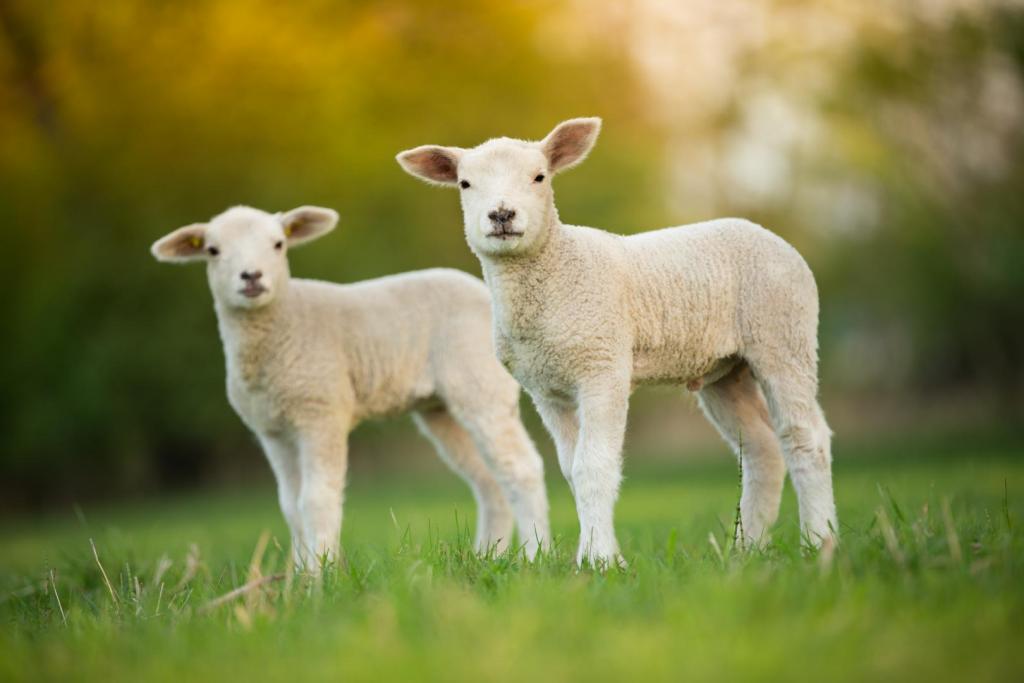
You can positively influence ewe fertility by selecting sires with Australian Sheep Breeding Values. To view the values click here.
To find out other ways to increase lambing success for ewe lambs and maidens click here.
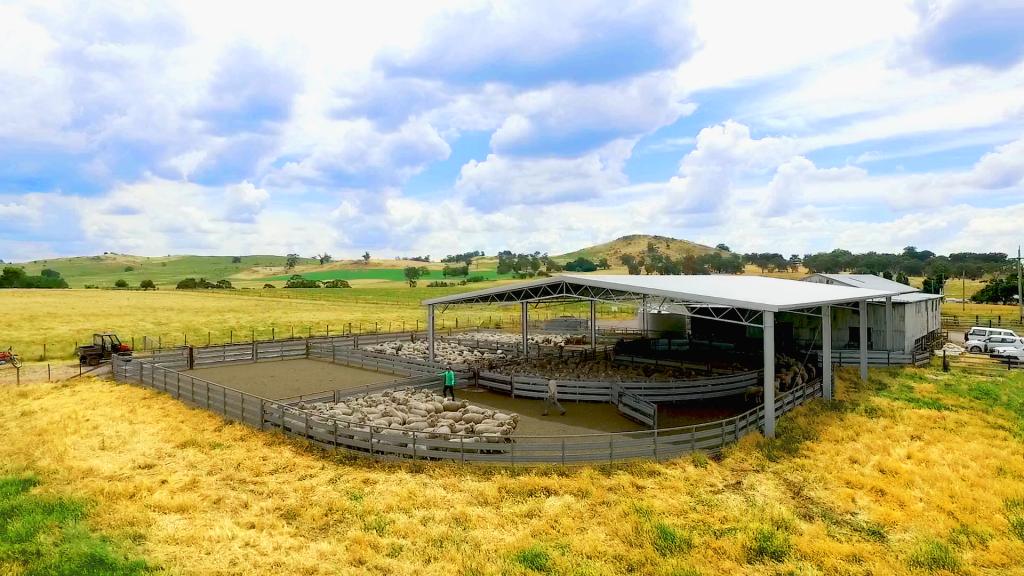
Why Should You Own a Yard Cover? Yard Covers are a valuable asset for stock owners, not only making it easier to work with cattle but also improves...
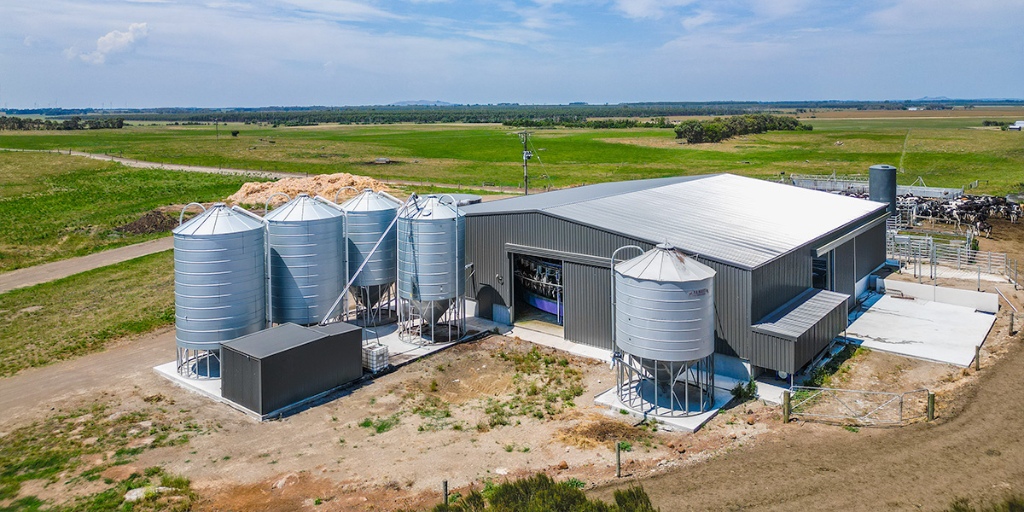
Investing in a quality agricultural shed is crucial for farmers, whether it’s providing storage or a workspace. Rising costs prompt the need for...
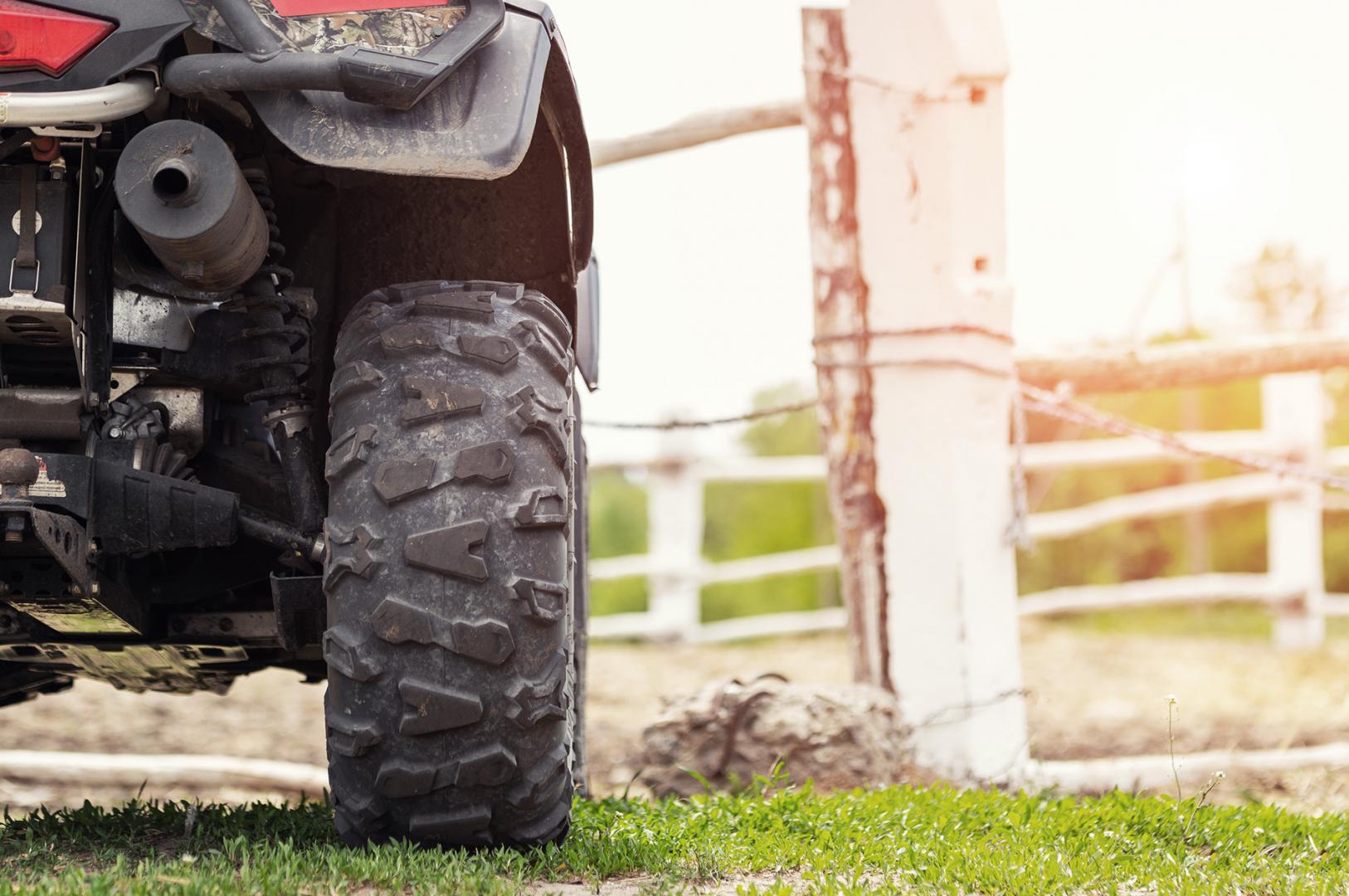
Did you know that quad bikes are the leading cause of injury and death on Australian farms? In line with National Farm Safety Week, 18-24 July, we...